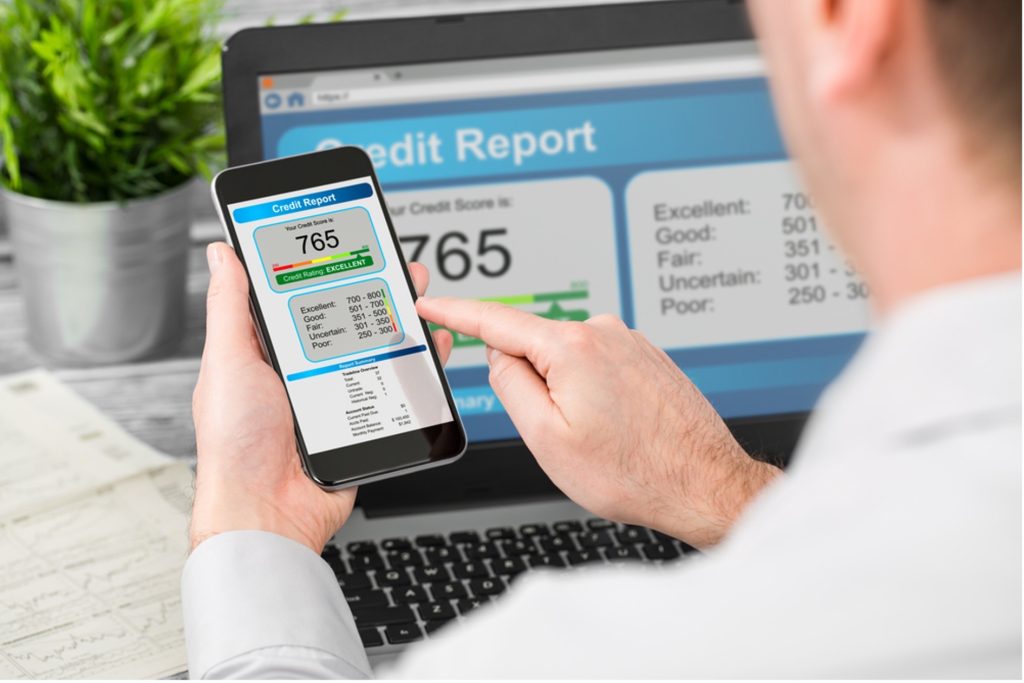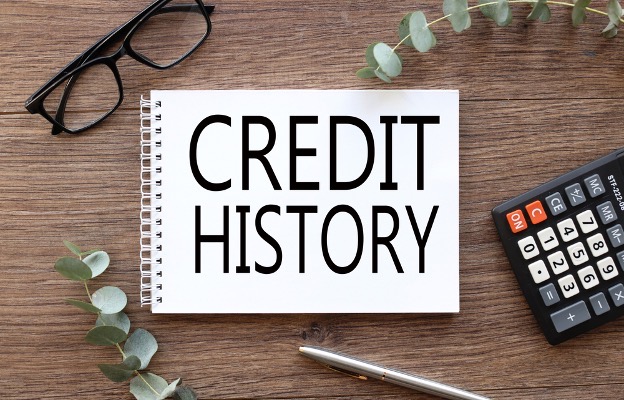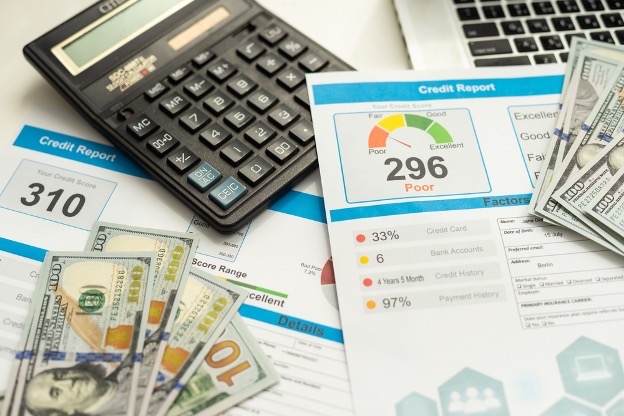Understanding the Concept of Trade Lines and Credit Reporting
Trade lines refer to the credit accounts on a person’s credit report. They represent the credit history and activity associated with those accounts, providing information about the individual’s borrowing and payment behavior.
Credit reporting is how credit bureaus collect and maintain information about individuals’ credit activities. Using debt as a positive trade line means effectively managing your debts to establish a positive credit history and improve your credit score. Here are some key points to understand:
- Credit Reporting: Lenders and creditors report your credit activities to credit bureaus, such as Equifax, Experian, and TransUnion. These credit bureaus then compile this information into credit reports.
- Positive vs. Negative Trade Lines: A positive trade line reflects responsible borrowing and repayment behavior. It includes accounts where you consistently make on-time payments, keep low credit card balances, and maintain a good credit utilization ratio.
- Credit Score Impact: Your credit score is a numerical representation of your creditworthiness and is influenced by the information in your credit reports. Positive trade lines can improve your credit score over time, while negative trade lines can lower it.
- Building Positive Trade Lines: To use debt as a positive trade line, you need to handle your debts responsibly. This involves making all payments on time, keeping credit card balances low, diversifying your credit accounts, and avoiding excessive new credit applications.
- Patience and Consistency: Building positive trade lines and improving your credit takes time. It requires consistently practicing good credit habits and maintaining a positive credit history over an extended period.

Leveraging Debt to Build Positive Credit History
Leveraging debt to build a positive credit history involves using credit strategically and responsibly to demonstrate your ability to manage debt and repay it on time. The goal is to demonstrate to lenders that you’re a responsible borrower who can be trusted to repay debts. Here are some steps you can take:
- Establish Credit: If you’re starting with no credit history, you may need to begin by establishing credit. You can do this by opening a secured credit card or becoming an authorized user on someone else’s credit card.
- Make Timely Payments: Paying your debts on time is crucial for building a positive credit history. Late payments can have a significant negative impact on your credit score.
- Keep Credit Utilization Low: Credit utilization refers to the percentage of your available credit that you’re currently using. Aim to keep your credit utilization below 30% of your available credit limit.
- Maintain a Mix of Credit Types: Having a diverse mix of credit accounts can demonstrate your ability to handle different types of debt. This might include a combination of credit cards, installment loans, and a mortgage, if applicable.
- Avoid Opening Multiple New Accounts: While having a mix of credit types is beneficial, avoid opening multiple new accounts quickly. This can be seen as a sign of financial instability or desperation for credit, which can raise concerns for lenders.
- Monitor Your Credit: Regularly review your credit reports from the major credit bureaus to ensure accurate information. Look for any errors, fraudulent activity, or accounts that aren’t yours.
- Be Patient and Consistent: Building a positive credit history takes time and requires consistent, responsible credit management. You’ll gradually build a solid credit history and improve your credit score by consistently practicing good credit habits.

Developing Relationships with Credit Bureaus and Reporting Agencies
Developing relationships with credit bureaus and reporting agencies can be beneficial when managing and understanding your credit profile. Here are some ways to establish and maintain connections with these entities:
- Obtain Your Credit Reports: Start by obtaining copies of your credit reports from each of the major credit bureaus, namely Equifax, Experian, and TransUnion.
- Correct Errors: If you identify any errors or inaccuracies on your credit reports, promptly correct them. Contact the credit bureaus in writing, providing detailed explanations and supporting documentation for the disputed items.
- Monitor Your Credit: Regularly monitor your credit reports to stay informed about changes and potential issues. Some credit monitoring services provide real-time updates and alerts for any changes to your credit profile.
- Understand Credit Reporting Policies: Familiarize yourself with the credit reporting policies of the major credit bureaus. Each bureau may have slightly different guidelines and procedures.
- Stay Informed: Keep up with any updates or changes in credit reporting laws and regulations. This knowledge can help you understand your rights as a consumer and how credit reporting agencies should handle your information.
- Seek Professional Help if Needed: If you encounter complex credit reporting issues or need guidance in dealing with specific situations, consider consulting a credit counselor or attorney specializing in credit reporting and consumer rights.

Techniques for Reporting Debt Payments to Credit Bureaus
Reporting debt payments to credit bureaus is primarily the responsibility of the lenders and creditors with whom you have accounts. As an individual, you can take certain steps to ensure that your debt payments are accurately reported. Here are some techniques to consider:
- Confirm Reporting Policies: When you open a credit account, such as a credit card or loan, inquire about the lender’s reporting policies. Ask how frequently they report payment information to the credit bureaus and which bureaus they report to.
- Pay On Time: Timely payments are crucial for a positive credit history. Ensure that you consistently make your debt payments by the due dates.
- Use Different Types of Credit: Having a diverse mix of credit accounts, such as credit cards, loans, or lines of credit, can positively impact your credit profile.
- Monitor Your Credit Reports: Regularly review your credit reports from the major credit bureaus. Ensure that your debt accounts and payment history are accurately reflected.
- Utilize Credit-Building Tools: If you have a limited credit history or want to establish positive credit, you can explore credit-building tools such as secured credit cards or credit-builder loans.
Communication with Creditors: If you’re facing financial difficulties and are unable to make your debt payments, it’s important to communicate with your creditors.
